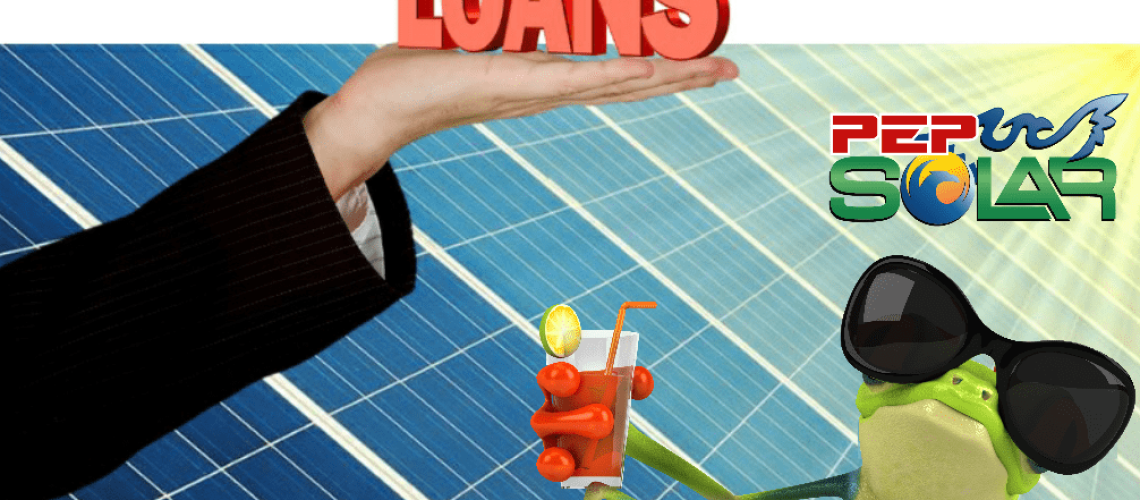With so many working from home or scheduled now to work from home indefinitely, our homes were never really set up to be lived in 100% of the day. And, the idea of working from home while turning up the air just adds to another thing reducing your income exponentially. Don’t sweat it out, it’s solar to the rescue.
 Residential Solar Adds Comfort and Savings
Are you considering solar panels for your home to help reduce energy costs? We’re not surprised. Solar has become big business, with the global market above $160 billion. And, you’re not alone. Depending on the age group, up to 8% of people were recently surveyed by Statista. Inc. says they intend to install solar panels in the next twelve months.
The one thing these people have in common are questions, lots of questions. With that in mind, we prepared this FAQ section to address the most common issues on most consumers’ minds today.
Residential Solar Adds Comfort and Savings
Are you considering solar panels for your home to help reduce energy costs? We’re not surprised. Solar has become big business, with the global market above $160 billion. And, you’re not alone. Depending on the age group, up to 8% of people were recently surveyed by Statista. Inc. says they intend to install solar panels in the next twelve months.
The one thing these people have in common are questions, lots of questions. With that in mind, we prepared this FAQ section to address the most common issues on most consumers’ minds today.
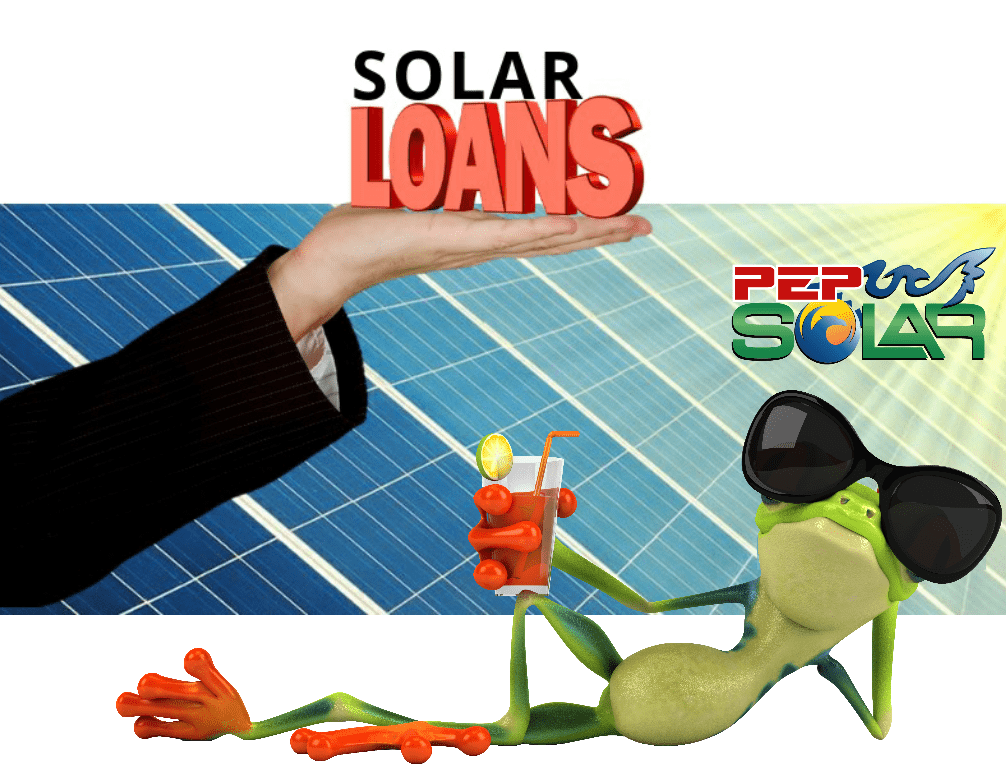
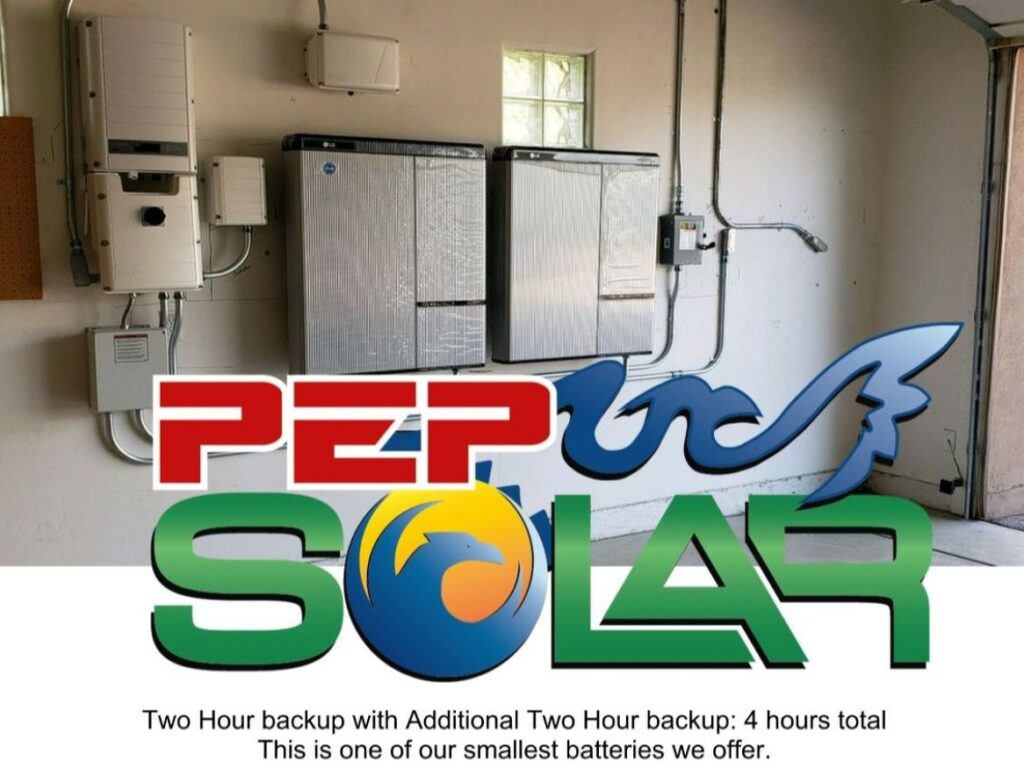 Our Integration Teams Have Over 1,000 Installs Under Their Belt
Our Integration Teams Have Over 1,000 Installs Under Their Belt
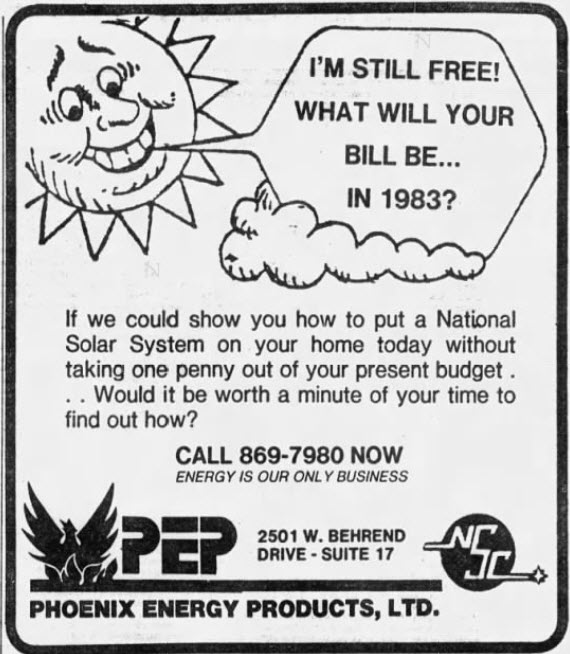
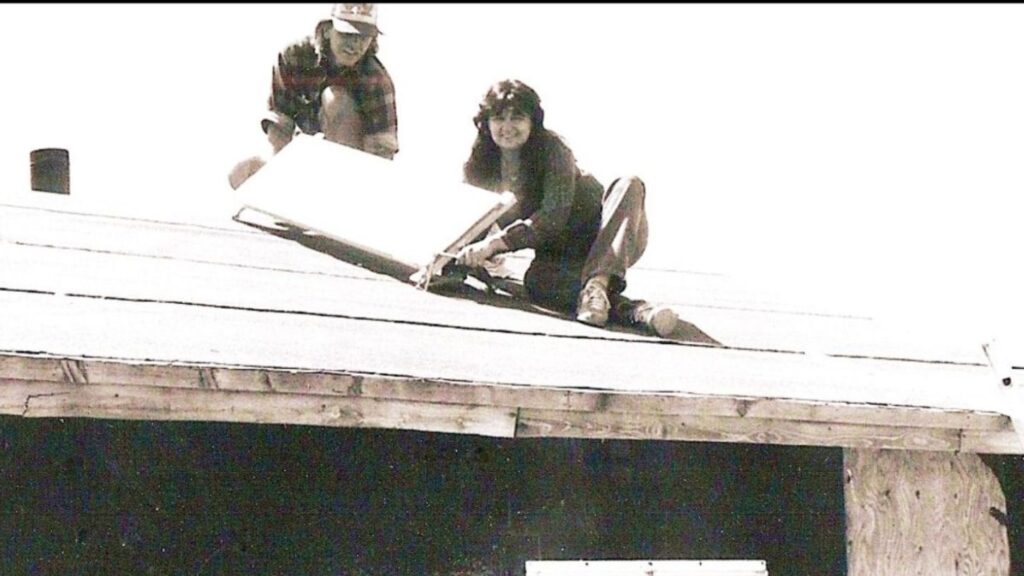 Bonnie Our CEO Installing Solar 1981
Bonnie is our founder and our CEO. She has been an inspiration and she loves our veterans.
Thanks, Bonnie for all you have done!
Bonnie Our CEO Installing Solar 1981
Bonnie is our founder and our CEO. She has been an inspiration and she loves our veterans.
Thanks, Bonnie for all you have done!
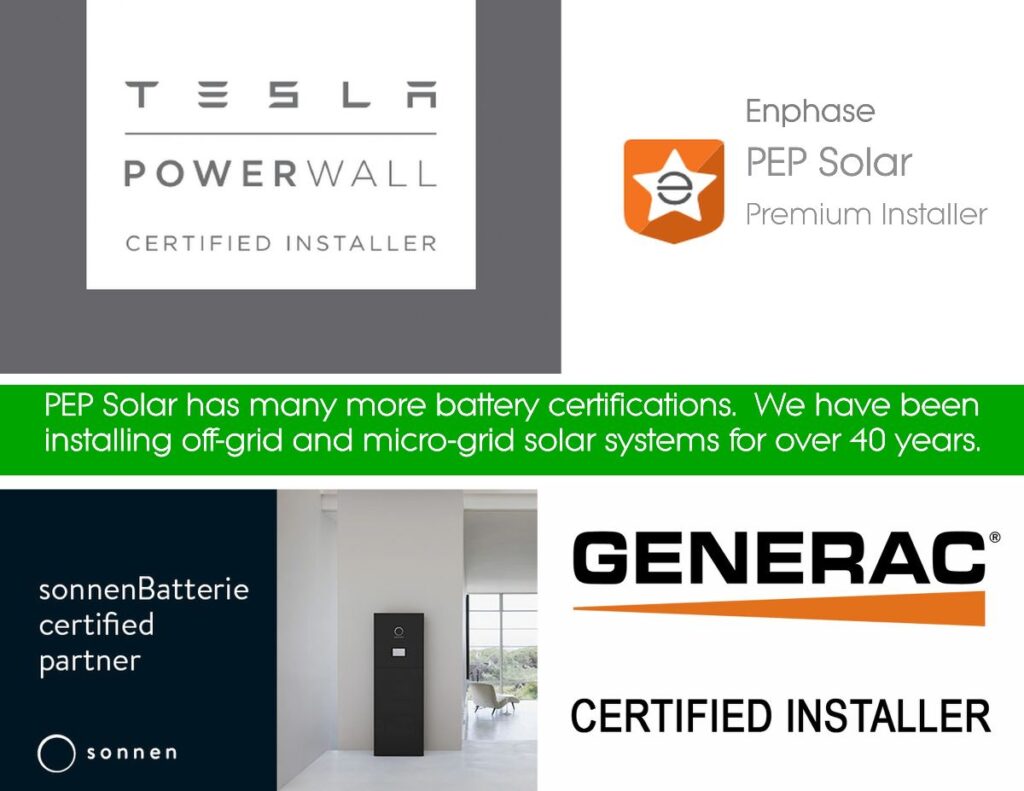 To read part 1 of our guide, click here
To read part 1 of our guide, click here
 Residential Solar Adds Comfort and Savings
Are you considering solar panels for your home to help reduce energy costs? We’re not surprised. Solar has become big business, with the global market above $160 billion. And, you’re not alone. Depending on the age group, up to 8% of people were recently surveyed by Statista. Inc. says they intend to install solar panels in the next twelve months.
The one thing these people have in common are questions, lots of questions. With that in mind, we prepared this FAQ section to address the most common issues on most consumers’ minds today.
Residential Solar Adds Comfort and Savings
Are you considering solar panels for your home to help reduce energy costs? We’re not surprised. Solar has become big business, with the global market above $160 billion. And, you’re not alone. Depending on the age group, up to 8% of people were recently surveyed by Statista. Inc. says they intend to install solar panels in the next twelve months.
The one thing these people have in common are questions, lots of questions. With that in mind, we prepared this FAQ section to address the most common issues on most consumers’ minds today.

Using The Bank’s Money So You Can Own Your Solar™
Financial Considerations
-
What are the financial benefits of solar?
-
Should I buy or lease solar panels?
-
Which are better, solar loans or solar leases?
- Solar loans are available, many with no money down, most loans are approved within 15 minutes.
- If taking on debt is not an option, you may wish to consider a solar lease to help reduce your energy costs. Many leases are for an extended period, up to twenty years, and include escalator clauses allowing the provider to increase rates, typically – 4% annually with a hidden back-end interest covered up by the company administrating the leases. A lease situation may complicate issues should you decide to sell your home during the term of the lease. There is a reason most customers do not lease a car or rent a home and this is no different and in most cases more dangerous because most new homeowners who are interested in your home will not qualify for the double loans.
-
What is the difference between secured and unsecured solar loans?
-
How do I choose the best solar loan?
-
How much will maintenance cost?
-
Can I sell unused solar energy back to the local energy company?
-
How long does a solar system last?
-
Can I afford to go solar?
-
What happens when I sell my house with a solar system?
 Our Integration Teams Have Over 1,000 Installs Under Their Belt
Our Integration Teams Have Over 1,000 Installs Under Their Belt
Finding a Qualified Solar Panel Installer – PEP Solar Comes to Your Rescue
-
How is PEP Solar qualified?
-
Will the installer provide an accurate estimate of my installation costs?
-
How much should an installation cost?
-
What is important to review in solar designs?
- Solar panel chemistry HIT (old tech) vs HJT (new tech) which have better resistance to heat and performance
- Inverter types
- System design
- Company reviews demonstrating service after the install (notice fake reviews copied and not personalized)
- All fully detailed costs including the loan
- Warranty
-
Does the installer determine where and how the panels are positioned?
-
Exactly what happens during a solar panel installation?
-
Are solar installers licensed, bonded, insured?
-
Who monitors my solar system?
-
Who performs maintenance on the system?
-
Does my solar system come with a guarantee? A Warranty?

At PEP Solar, Energy Is Our Only Business
PEP old tagline but it still rings true today. Our focus is on helping our community add multiple systems to reduce costs, reduce the use of coal & natural gas, increase comfort while increasing your home equity. PEP has been involved in this conversation from back in the day. Bonnie Our CEO Installing Solar 1981
Bonnie is our founder and our CEO. She has been an inspiration and she loves our veterans.
Thanks, Bonnie for all you have done!
Bonnie Our CEO Installing Solar 1981
Bonnie is our founder and our CEO. She has been an inspiration and she loves our veterans.
Thanks, Bonnie for all you have done!
 To read part 1 of our guide, click here
To read part 1 of our guide, click here 
